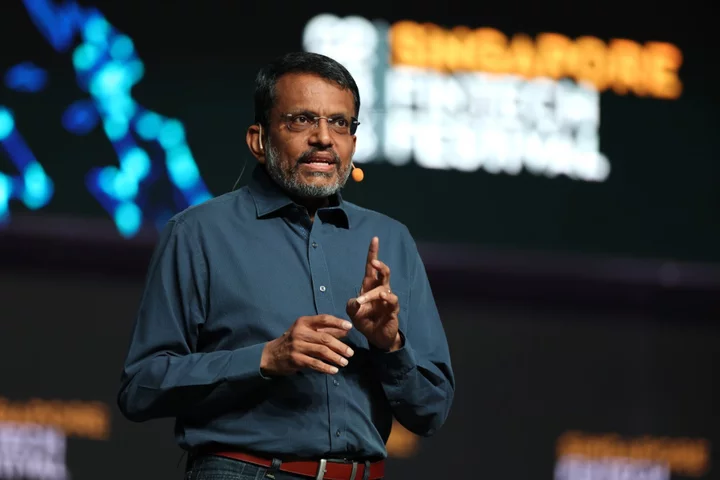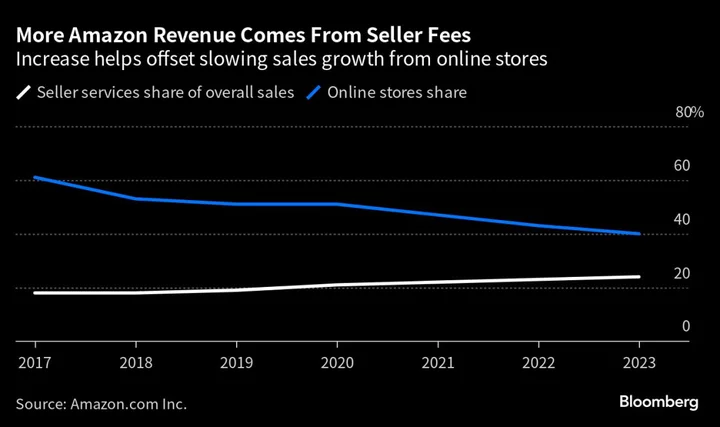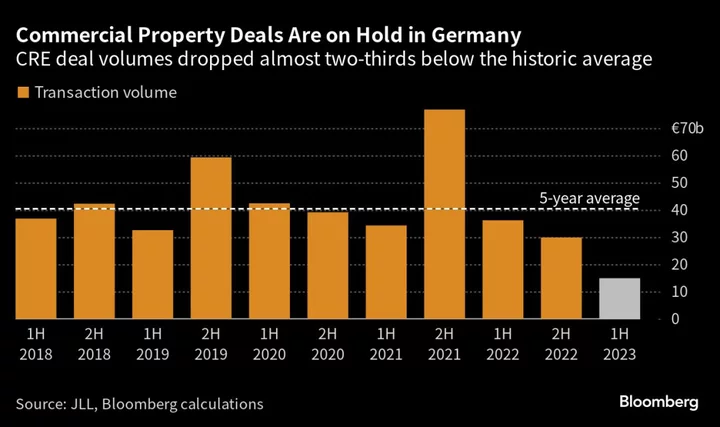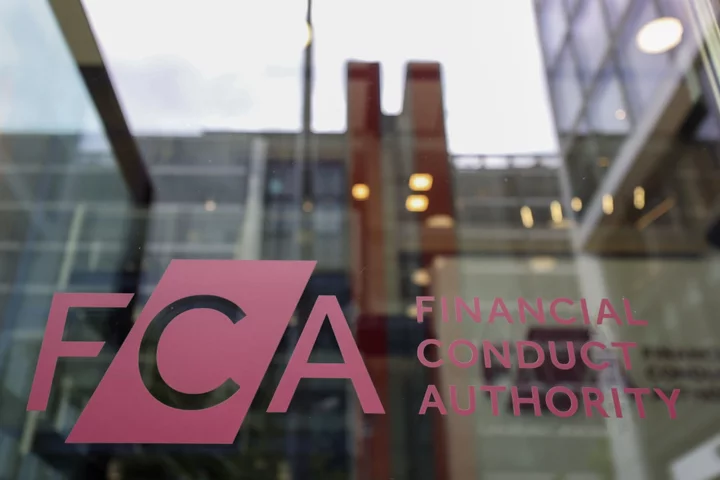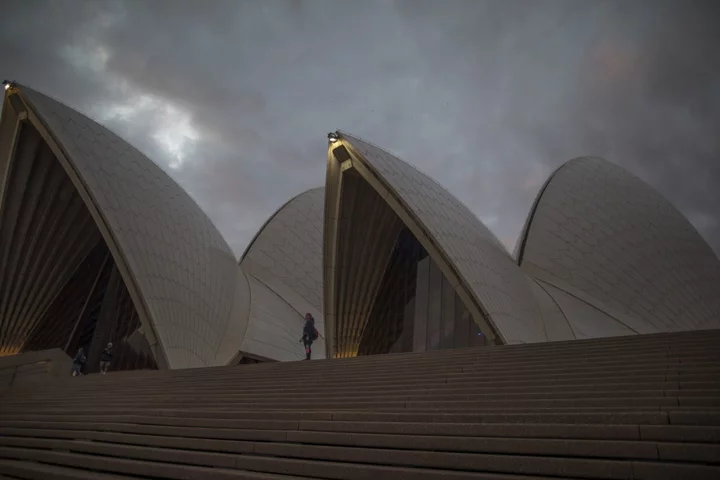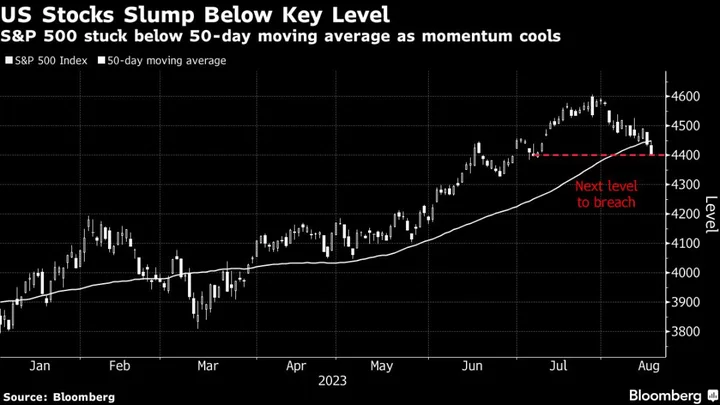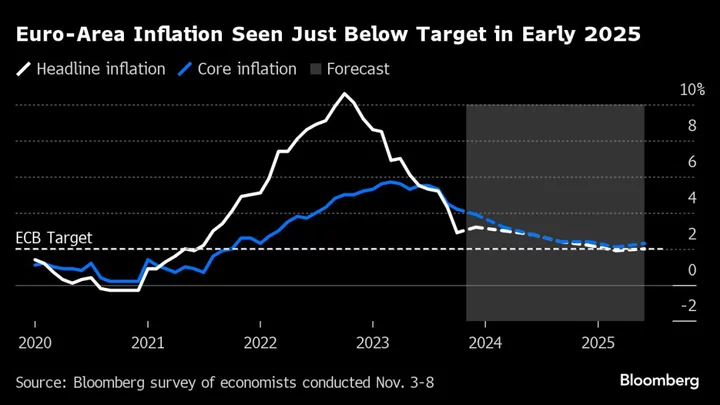Singapore’s financial regulator barred DBS Group Holdings Ltd. from acquiring new business ventures or reducing the size of its local branch and ATM networks for six months, as it steps up efforts to get the lender to resolve a spate of digital banking service outages.
The changes will ensure that the bank focuses on restoring the resilience of its digital banking services, the Monetary Authority of Singapore said in a statement Wednesday. The actions were taken following the repeated and prolonged disruptions of DBS’ banking services this year, most recently last month.
“In line with MAS’ expectations, DBS Bank will hold senior management accountable for the lapses and the board will enhance its governance approach to oversee implementation of the roadmap,” the regulator said.
DBS said in a separate statement that it will set aside S$80 million ($58.4 million) to enhance system resiliency and commit to additional targets to ensure high service availability.
“We are deeply sorry for the digital disruptions,” said Chief Executive Officer Piyush Gupta. “We acknowledge that we must now do better to deliver on this.”
The continued disruptions — with at least five this year — have led some analysts earlier to raise the prospect of more severe punishments for the bank. Already, MAS has penalized DBS by raising its capital requirements twice since early 2022.
The MAS said that it will review the progress made by DBS on its remediation efforts at the end of six months after which it may extend the duration of the measures, vary the additional capital requirement currently imposed, or take further actions.
“The frequency of outages is unacceptable, the slowness in recoverability is unacceptable,” Ravi Menon, MAS’ managing director said in an earlier Oct. 27 interview with Bloomberg News.“The problem is that the largest bank in Singapore with the largest number of customers has had more than its fair share of outages.”
DBS also said it’s streamlining its technology teams. Effective Wednesday, Chief Information Officer Jimmy Ng, who also heads the group’s technology & operations, will only be in charge of operations while the bank searches for a new CIO.
Singapore’s country head Han Kwee Juan will take an additional role of acting CIO, while his predecessor Sim S. Lim, a senior adviser, will temporarily return to day-to-day functions of the home-turf market.
DBS’ stock has lost 2.6% this year through Wednesday’s close, compared with a 2.7% loss on the Bloomberg Asia Pacific Banks Index and 5.4% drop in Singapore’s benchmark Straits Times Index.
Singapore requires banks to ensure any unscheduled outages that affect their operations or customer services not exceed four hours within a one-year period.
A Oct. 14 weekend outage left DBS customers unable to access multiple services including online banking and ATM cash withdrawals. The disruption, that also affected Citigroup Inc.’s local unit, comes on the heels of similar episodes that DBS has so far struggled to fix.
After the mid-October disruption, MAS ordered DBS and Citi to conduct a thorough investigation on why they were not able to recover their systems within the required time-frame. While the outage had occurred due to a technical issue at an Equinix Inc. data center used by the lenders, MAS said it expects banks to have contractual agreements with data center providers that incorporate its requirements on system availability.
At DBS’s annual meeting for shareholders in March, both Chairman Peter Seah and for the inconvenience caused following a lengthy disruption that month. Gupta in May called the bank’s infrastructure “robust.”
“There are some bank-specific issues they need to address and they are on top of it,” Menon said. “They will do it and we will hold them accountable.”
Data released in April showed that the seven banks considered to be systematically important to Singapore — which includes DBS and Citi — have reported 17 disruptions that lasted over an hour to their digital banking services since 2018.
Menon said that despite the visibility of DBS’s outages, he did not see this as a systemic issue affecting the whole financial system. “It’s not as if the entire banking system is prone to outages,” he said. “If you look across the banking system, I don’t think we have a problem.”
--With assistance from Andrea Tan and Michael Sin.
(Updates with details throughout.)

